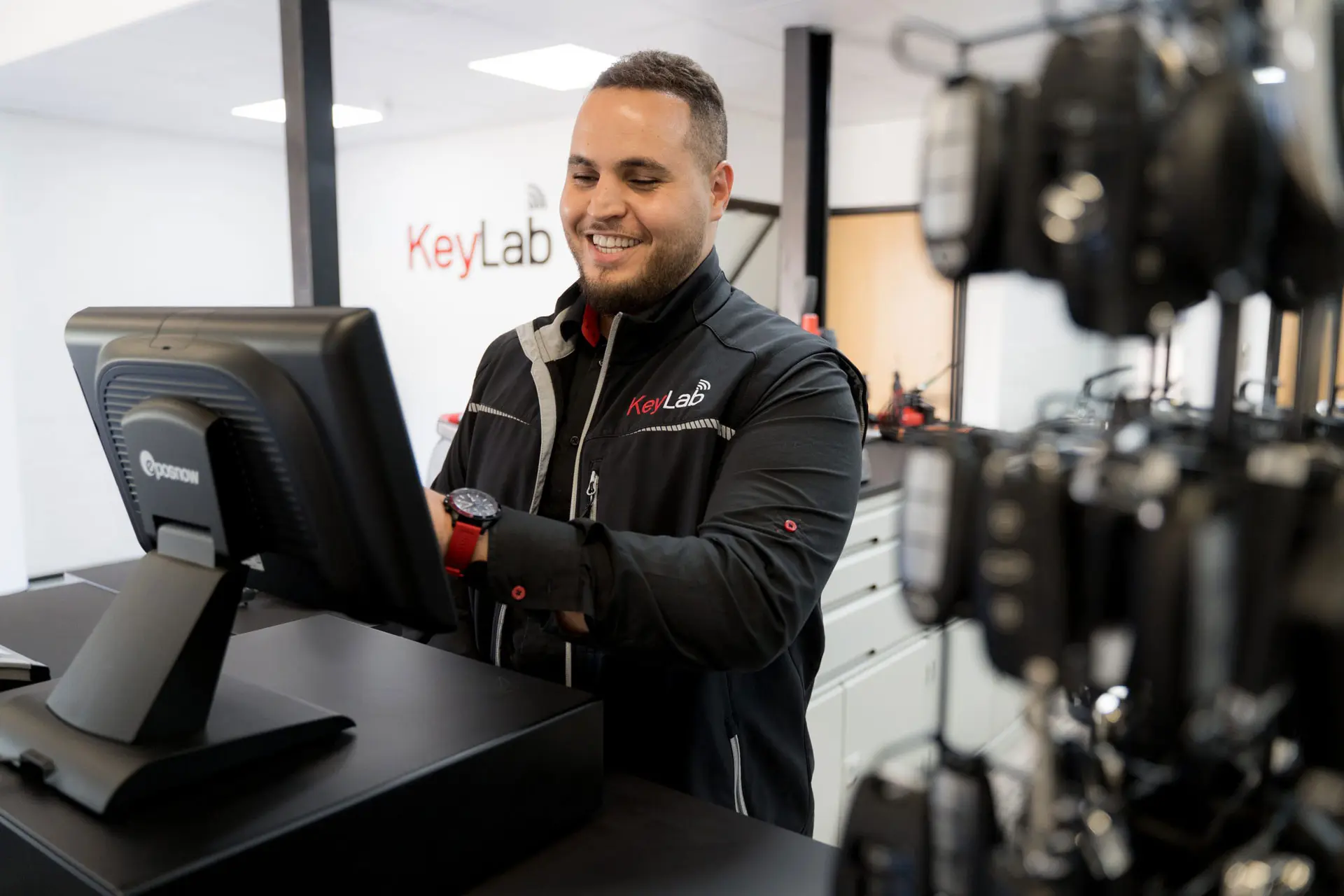Who Is Emergency Car Key Repair And Why You Should Care
본문
Emergency Car Key Repair: A Comprehensive Guide
Car keys are an important part of vehicle ownership, and their unexpected breakdown can trigger substantial hassle. Whether lost, broken Key repair, or harmed, knowing how to handle emergency car key repair is essential for any vehicle owner. This extensive guide explores different aspects of car key repair and replacement, resolving common concerns, prospective solutions, and the value of professional services.
Understanding Car Keys
Modern car keys come in various types, each including distinct technologies and functionalities. The main types consist of:
- Traditional Mechanical Keys: The most basic type, these keys run through a mechanical locking system.
- Transponder Keys: Equipped with a chip that interacts with the car's ignition system for enhanced security.
- Key Fobs: Remote access systems that frequently consist of keyless entry functions.
- Smart Keys: Advanced systems that permit keyless ignition and entry, normally found in newer automobiles.
Typical Issues with Car Keys
In emergency circumstances, understanding the reason for car key breakdown can help determine the ideal approach for repair. Some regularly encountered problems consist of:
- Key Breakage: Often occurs due to use and tear or extreme pressure when inserting or turning the key.
- Lost Keys: Misplacement or loss of keys can leave a vehicle owner stranded.
- Dead Key Fob Battery: A typical issue with remote keys, leading to failure in keyless entry or ignition.
- Transponder Key Malfunction: If the chip in the key is harmed, the vehicle might not acknowledge the key.
- Lock Cylinder Issues: Problems with the ignition or door lock cylinders can avoid the key from turning correctly.
DIY Emergency Car Key Repairs
Before availing professional services, particular scenarios may enable DIY repairs. Nevertheless, these techniques depend on the issue at hand. Below are some techniques:
1. Broken Key Repair
Products Needed: Super glue, a pair of pliers, and wet wipes.
Steps:
- Carefully align the 2 pieces of the broken key.
- Apply a small quantity of extremely glue to the break and hold the key together for a few minutes.
- Wrap the key with tape to provide additional assistance while the glue dries.
- If the key breaks again, consider getting a duplicate made.
2. Dead Key Fob Battery Replacement
Materials Needed: New battery (usually CR2032), little flat-head screwdriver.
Actions:
- Open the key fob using the screwdriver.
- Remove the old battery carefully.
- Replace it with a brand-new battery, making sure the favorable (+) side faces the appropriate instructions.
- Close the fob and test the functions.
3. Lock Cylinder Issues
If your key will not kip down the lock, it may be due to debris or issues with the cylinder itself.
Materials Needed: Lubricant spray, an old toothbrush or cloth.
Steps:
- Spray a percentage of lubricant into the lock cylinder.
- Utilize a fabric or old toothbrush to clear any debris or dirt.
- Try to turn the key carefully.
When to Seek Professional Help
While many concerns might be resolved through DIY techniques, some problems require the competence of an expert locksmith or car dealer. The following scenarios typically call for expert intervention:
- Severe Damage: If the key is substantially damaged or broken, replacing it might be necessary.
- Transponder Key Issues: Expert reprogramming might be required if the key fails to communicate with the vehicle.
- Key Duplication: For complicated key types, a locksmith makes sure accurate duplication or replacement.
Benefits of Choosing Professional Services
- Knowledge: Professionals have the required training and experience to handle various kinds of keys.
- Time Savings: Instead of experimentation, specialists can solve concerns efficiently.
- Access to Technology: Locksmiths can reprogram transponder keys and key fobs that need specialized equipment.
Comparison Table: DIY vs. Professional Services
| Aspect | Do it yourself Solutions | Professional Services |
|---|---|---|
| Cost | Low (very little tools) | Higher (service fees) |
| Skill Required | Basic | Advanced |
| Time Efficiency | Variable | Fast |
| Repair Capabilities | Minimal to minor problems | Vast array of repairs |
| Tool Accessibility | Fundamental tools | Specialized devices |
Frequently Asked Questions (FAQs)
1. Can I get a car key made without the original?
Yes, a locksmith can often produce a duplicate key using the vehicle's VIN (Vehicle Identification Number).
2. For how long does it require to change a car key?
The time required depends on the key type and the complexity of the locksmith's work. Basic keys may take a few minutes, while electronic key fobs may take longer.
3. Will my car service warranty cover key replacement?
Typically, car service warranties do not cover key replacement. Nevertheless, it's best to check with your dealership regarding coverage specifics.
4. Is it safe to buy car keys online?
Purchasing car keys online can be dangerous; it's vital to guarantee that the supplier is reputable. Lots of keys require programming that can just be done by specialists.

5. What should I do if my key gets stuck in the ignition?
If your key is stuck, avoid requiring it out. Rather, shut off the vehicle, ensure the equipment remains in 'Park,' and carefully wiggle the key. If it does not come out, look for professional support.
Dealing with emergency car key repairs can be daunting, but understanding the kinds of keys, typical problems, and repair choices can reduce the tension. While DIY techniques can be effective for small repairs, knowing when to call a specialist can save time, aggravation, and eventually, cash. By being proactive and informed, vehicle owners can ensure they are well-prepared for any car key emergencies.


댓글목록 0